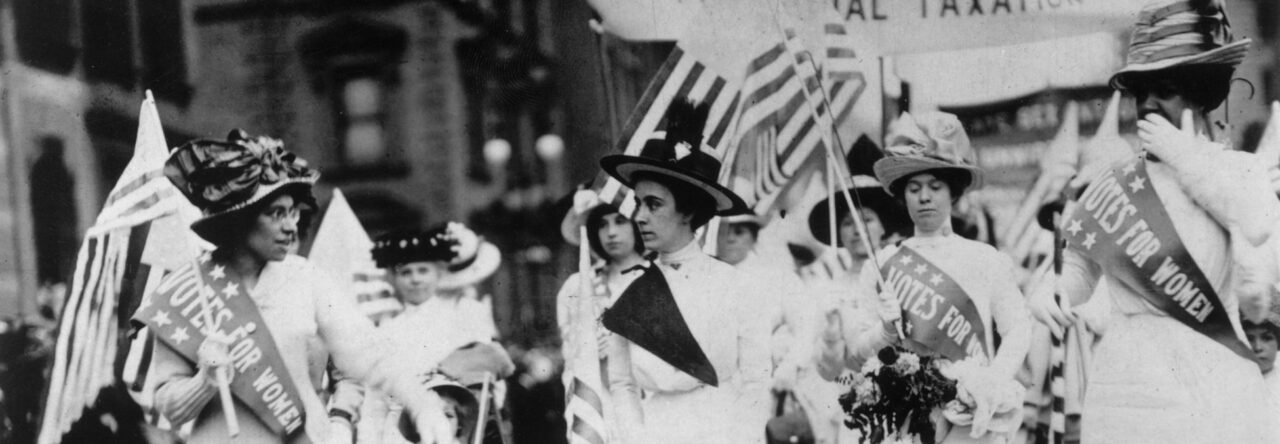The Presidential election of 1900, between Republican President William McKinley (and his running mate, future president Theodore Roosevelt) and DemocratWilliam Jennings Bryan, was the first presidential election of the Progressive Era. Coming on the heels of the Spanish American War in 1898 during the economic boom following the end of the 1893 recession, the race would feature some of the early Progressive trends that would dominate the coming decades.
his running mate, future president Theodore Roosevelt) and DemocratWilliam Jennings Bryan, was the first presidential election of the Progressive Era. Coming on the heels of the Spanish American War in 1898 during the economic boom following the end of the 1893 recession, the race would feature some of the early Progressive trends that would dominate the coming decades.
In keeping with Progressive ideals, the 1900 election began to see a strong backlash against the corruption of the political process. As Dr. Leighton Coleman, Bishop of Delaware said, “We are on the eve of a great election, which has significance and deep interest for every true church-goer.” It was through this election that they would begin to “sweep out political dishonesty and corruption.” The need for this kind of reform was painfully obvious, as just the day before a scheme to ship repeat voters into Manhattan from Jersey City was uncovered.
This election also saw several small, but notable, incidents among the disenfranchised of the day. In Ohio, a small group of politically aware women gathered in support of McKinley. It was by no means comparable to the sort of large-scale movement that would follow in the quest for the 19th amendment , however it was, as the New York Times described it, “a political innovation in this section of the country (my italics).” Meanwhile in Philadelphia, a group of African-Americans, enfranchised by law rather than practice, rioted when their ballots were not accepted. As the Times reports, “they drew revolvers and a number of shots were fired.”
It was under these circumstances, on a sunny and temperate day, that the American people ventured out to cast their first vote of the new century. While the masses would come out in force (with participation topping 80% overall), the voting of society’s notables was taken note of by most of the papers. For example, when Benjamin Harrison cast his vote, “the crowd made way for the Ex-President” who was reportedly “only inside the booth for a short time.”
In the same vein, the voting of each candidate was also covered. Bryan, famous for his prolific rail travel around the country during the campaign, first went to city hall to certify that “he had failed to register because of absence from the city.” From there he proceeded to the voting place, where he cast a straight ticket, claiming “the electoral candidates are all friends of mine.” Similarly, McKinley cast his vote “so as to vote the entire Republican column.” The accounts of both candidates voting experience was given a prime spot in the day’s paper, printed side by side on page two.
By the next morning it would be officiated that McKinley and Roosevelt had carried twenty-seven states with 284 Electoral Votes, including Mr. Byrans’ home state of Nebraska.
